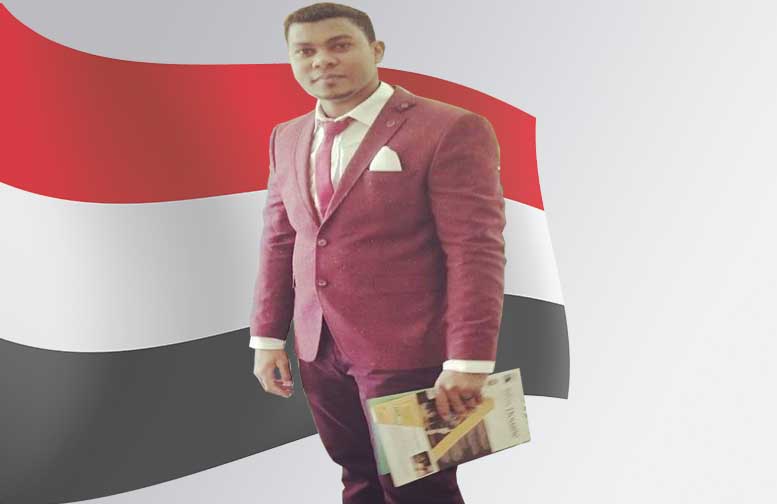On an isolated Island off the Yemeni coast, 24-year-old Socotra native
Mohammed Khalifa enjoys his break from university and soaks up his
homeland before heading back to Algeria for the school year. Khalifa
always has his people on his mind—his studies and efforts are all in
hopes of making things better for his beloved island.
The
island, which draws tourists from around the world, lacks adequate
education and health infrastructure, including computer and
English-language institutes. The lack of facilities hasn’t held back
Khalifa or his ambition.
Khalifa’s journey, far from over, has
been a difficult one. At age 17, he pulled together some English and
began working as a tourist guide. Financial barriers and a lack of
English-language resources meant he would have to wait to formally study
the language.
Tourism wasn’t only a means to support Khalifa,
it offered relief for others in Socotra. Khalifa used his relations with
tourists to help Socotrans in need.
“There were kind-hearted
tourists willing to help poor people here,” Khalifa said. “I took them
to the most impoverished areas of the island, where a little help goes a
long way.”
Khalifa said that many folks in Socotra broke down in tears when foreigners offered them help.
“It
brings me comfort to see the joy in people’s faces [when they receive
aid], but I get depressed when I think that foreigners are helping our
people while Yemeni officials never lift a single finger [for us].”
Some
medicines are difficult to locate on the island, especially for the
poor. Khalifa sometimes asks tourists to bring medicine with them.
Despite
few resources or opportunities, Khalifa managed to leave his little
island and head to the mainland. He headed to Sana’a to study at a
prestigious English-language institute.
While studying in
Sana’a, Socotra was always on his mind and he promoted tourism during
his time in the capital city. He explained his island, which has been
visited by more foreigners than Yemenis, to his countrymen.
Hardworking
and industrious, Khalifa earned a scholarship to study international
relations in Algeria. To his knowledge, he is the first person from the
island to study the subject.
“I didn’t receive any money from
the government my first year. I couldn’t even afford a pen or notebook, I
was going to bed hungry,” he said. “At the time, I had two choices: to
push through, despite the harsh conditions, or to go back to my country.
I didn’t want to give up.”
He added French to his list of languages and is more determined than ever to accomplish his dreams as he studies in Algeria.
“My ambition is to be a parliamentarian and to serve my island seriously and sincerely,” Khalifa said.
One serious blockade to a better future for Socotra, he believes, is the growing popularity of qat on the island.
The recent spread of qat has frustrated Khalifa, who says there used to be a social stigma attached to the narcotic.
“Unfortunately,
youth these days chew and smoke openly on the streets,” he said sadly.
“Qat will harm their futures—it will consume their time and leave them
unmotivated.”
Unsurprisingly, Khalifa isn’t content to sit back
and watch. He tries to convince his peers to give up the habit and spend
their time and resources studying a language or computer skills
instead.
“Social activities and volunteer opportunities are
absent on Socotra,” he said. He criticized the local council for their
lack of support for youth and social development.
He adds this to the list of things that need to be tackled once he makes his permanent return to his home.
“I’ll be back to my island and I’ll bring my passion to change what needs changing,” Khalifa said.




